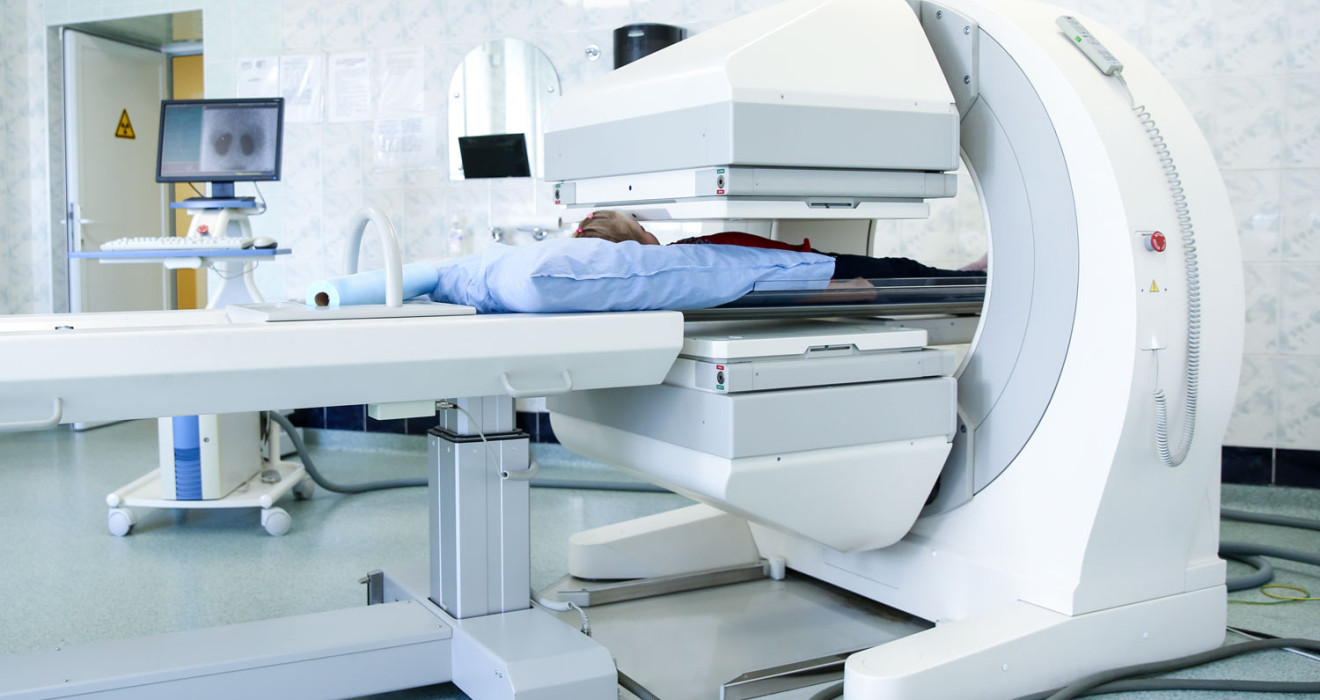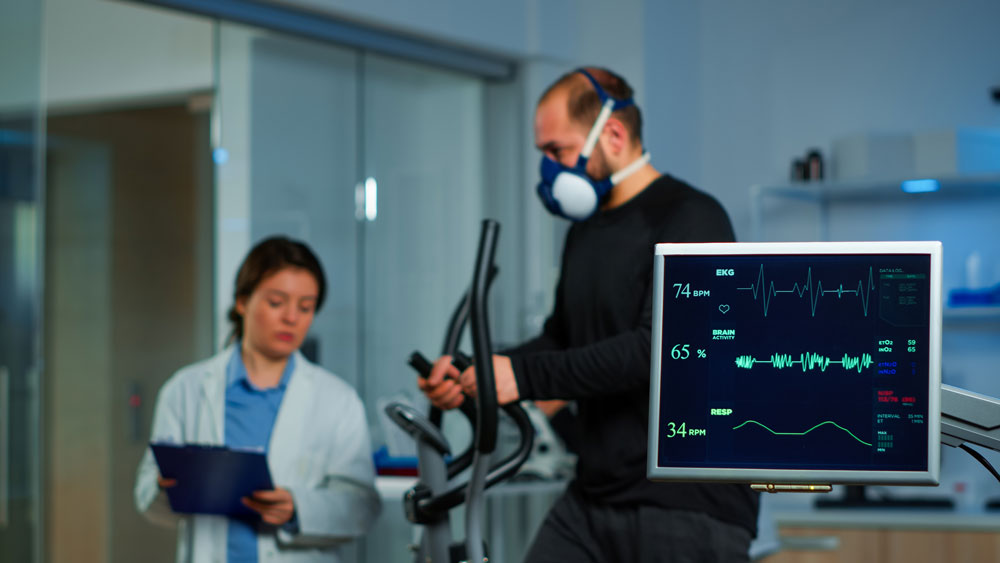
Myocardial Perfusion Scintigraphy (Effort or Medicated Heart Film)
Myocardial perfusion scintigraphy is a medical imaging method used to assess the blood circulation of the heart. It is a radiologic test that monitors the blood flow of the muscle tissue of the heart. This test, which can be administered with exertion or medication, is used to detect whether there is narrowing or blockage in the heart vessels.
What is Myocardial Perfusion Scintigraphy?
Myocardial perfusion scintigraphy (MPS) is a medical imaging test used to assess blood flow and oxygenation of the heart muscle. This test is particularly helpful in diagnosing heart diseases such as coronary artery disease (CAD) or angina pectoris.
What is Myocardial Perfusion Scintigraphy Test?
MPS is performed using an isotope such as technetium-99m or thallium-201, a radioactive substance. This isotope is introduced into the body through a vein. It is imaged by a special camera to assess blood flow and oxygenation of the heart muscle.
During the test, two separate images are taken while the patient is resting and while exercising. The resting image shows the blood flow and oxygenation of the heart muscle at rest. The exercise image shows the blood flow and oxygenation of the heart muscle during exercise.
Myocardial perfusion scintigraphy is a very effective test for detecting blockage of the coronary arteries. It helps to identify areas where blood flow in the heart muscle is reduced or completely stopped.
Why is a Heart Scintigraphy (MPS) Test Performed?
MPS is a medical test to assess the blood flow and oxygen uptake of the heart muscle. This test is done by injecting or swallowing a radioactive substance. A special camera is then used to take images of the heart muscle.
What are the Risks of a Heart Scintigraphy (MPS) Test?
The risks of a heart scintigraphy test are very low. However, the radioactive material that needs to be injected or swallowed can cause some side effects, despite the low dose. These side effects are usually mild and temporary. There may be mild pain, swelling or redness at the injection site and, in rare cases, allergic reactions.
How is Myocardial Perfusion Scintigraphy Performed?
It is usually performed in a hospital or radiology center. During the test, an isotope is administered and a special camera is used to assess blood flow and oxygenation of the heart muscle.
How to Prepare Before Myocardial Perfusion Scintigraphy?
What needs to be done before the procedure is as follows:
- Avoiding caffeinated drinks in the 24 hours before the test (coffee, tea, cola, energy drinks, etc.)
- Not eating and drinking only water for 4 - 6 hours before the test
- Continuing, changing or stopping medication on the advice of your doctor
Is Cardiac Scintigraphy (MPS) a Safe Procedure?
Heart scintigraphy test is generally recognized as a safe procedure. However, it can cause some new effects. These are mild and temporary side effects such as mild headache, mild nausea, itching or redness at the injection site.
Myocardial perfusion scintigraphy testing provides important information about heart health. This helps to prevent serious complications related to heart disease.
Frequently Asked Questions
-
It can take approximately 1 to 3 hours. This time may vary depending on the protocol of the center where the test will be performed and the patient's health condition.
-
What needs to be done after the test is as follows:
- Drink plenty of water after the test.
- There are no restrictions on eating. However, the doctor's advice should be followed.
- The doctor's advice on the use of medication should also be taken into account.
-
The following people should not be administered this test:
- Pregnant women
- Breastfeeding women
- People with serious kidney or liver problems
- People who are overweight
-
A heart scintigraphy (MPS) test is a medical test that involves a low dose of radiation. The side effects of the test are therefore limited to the potential side effects of radiation. In some patients, swallowing or injecting radioactive material may cause mild side effects. These include mild headache, mild nausea, itching or rash.
-
The cardiac scintigraphy (MPS) test is often used to diagnose patients at risk of cardiovascular disease. The test is useful in the diagnosis of the following diseases:
- Patients with suspected coronary artery disease (CAD)
- Patients diagnosed with coronary artery disease
- Heart attack patients
- Cardiomyopathy patients
- Patients with heart valve disease


